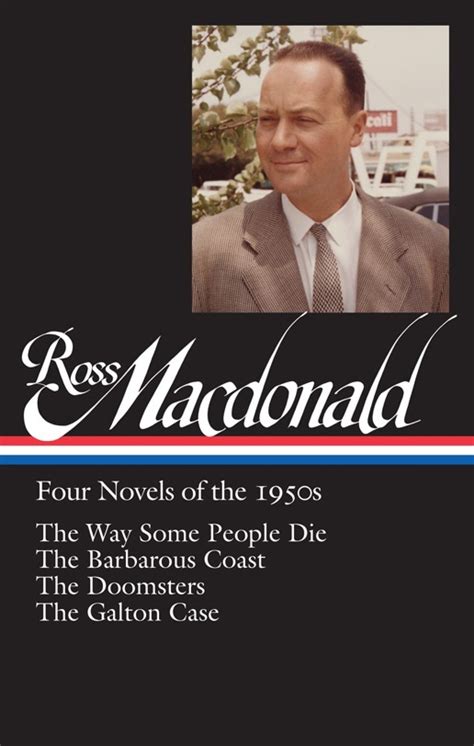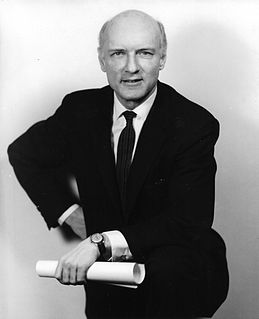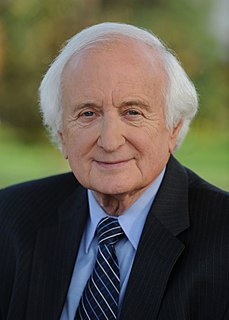A Quote by Lee Gutkind
The myth of objectivity made nonfiction increasingly unread. In feature articles, we could be playful in the opening and clever in the end but in the middle it was back to the boring basics.
Related Quotes
A plain sock by itself is terribly boring, but it could score points by having a clever stitch pattern, or maybe by being made out of a very beautiful yarn that's an enchantment to work with. (Sadly, it is still infuriatingly true that being beautiful without being clever is almost worth more points than being clever without being beautiful, but such are the rules of life and knitting-they are cruel, but there anyway).
I did this campaign that was called "Back to the Basics" where I went back to the street, went back to my block, and really felt the people. We've got to go back to that sometimes. We distance ourselves from that and we see it from afar. Some people can't relate back to that; once you're out of it, they don't want to relate back to that. It's always good to get back to the basics, though. You've got to touch the roots, you've got to touch those people. Regardless of what's going on, people always respect that.
As soon as I finished film school I was thinking about, how do I get to feature films? It took about eight years, and I'm still working. Feature films was not the end goal. Feature films was one of the stages. Getting to the point of the Coen brothers or Tarantino, where you're writing your own material and have the budget to do it properly, that's the end goal, and I'm close to that.
As I started to read nonfiction in the mid '70s, I discovered, holy cow, there was a lot of imaginative nonfiction. Not the kind where people use composite characters and invented quotes. I hate that kind of nonfiction. But imaginative in the sense that good writing and unexpected structure and vivid reporting could be combined with presenting facts.





































